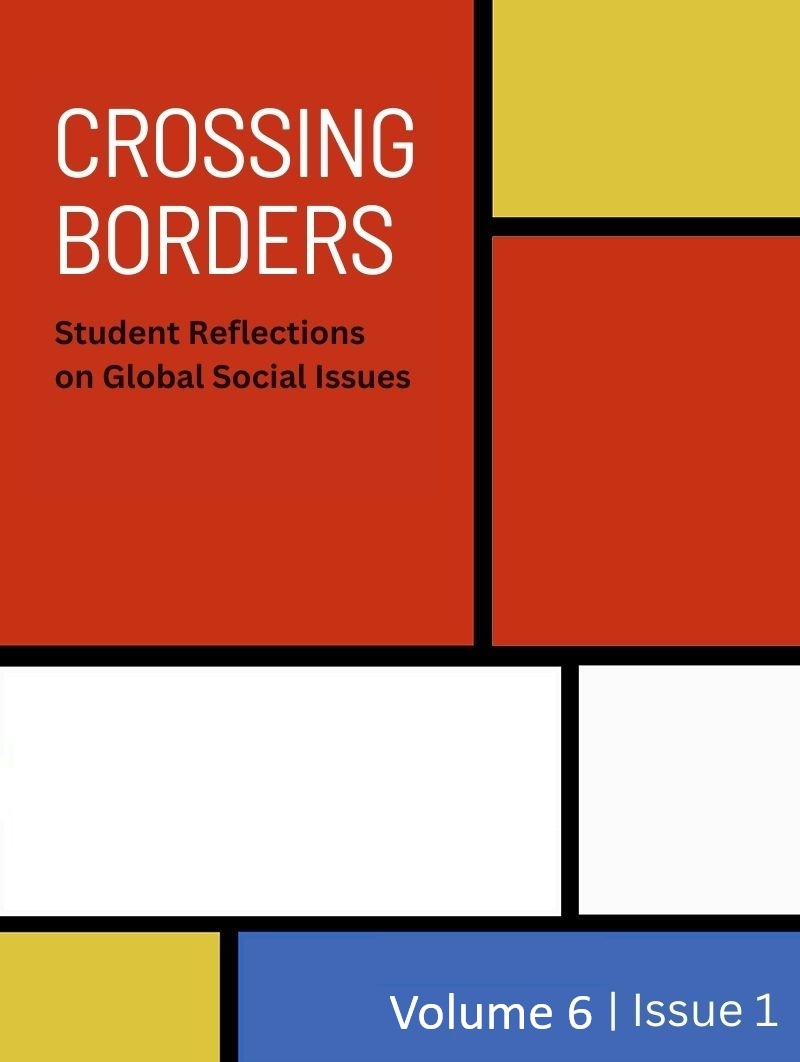Imperialist Consequences and Contemporary Crisis: A Comparative Analysis of Human Trafficking in Ukraine and Canada
DOI:
https://doi.org/10.31542/h8x6n186Keywords:
human trafficking, canada, ukraine, imperialism, colonialismAbstract
Human trafficking is a highly intersectional problem as the victim pool, perpetration, and assumptions regarding these dynamics are largely intertwined with positions of power, race, gender, and other social factors. This paper will focus on power in the form of imperialism as a critical extenuating factor for trafficking. Imperialism is the aggressive enforcement of one nation onto another, which can include colonialism, systemic oppression of minorities, and increased victimization of those not part of an imperialistic force. This paper compares Canadian and Ukrainian students' perceptions of the hypothesized relationship between imperialism and human trafficking, specifically within these countries. By elucidating how power disparities aid in recruiting, transporting, and transferring individuals for exploitation translates to a better assessment of how to educate and prevent future trafficking cases. Interviews with research participants supplemented the literature, creating a consensus linking colonial/imperialistic forces and the heightened risk Indigenous populations face within Canada. Similarly, research underscored how the current war in Ukraine, a contemporary example of imperialistic invasion, has translated into an increase in human trafficking cases. These findings substantiate the correlation between imperialism and human trafficking. This connection should be further exhausted with a larger sample size to further illuminate human trafficking crime trends and the bias that denies justice to specific populations.
References
Downloads
Published
Issue
Section
License
Copyright (c) 2025 Crossing Borders: Student Reflections on Global Social Issues

This work is licensed under a Creative Commons Attribution-NonCommercial 4.0 International License.
Authors retain any and all existing copyright to works contributed to this site, and may be used by others in accordance with the terms of a Creative Commons Attribution-NonCommercial 4.0 International License.
By submitting works, contributors grant non-exclusive rights to MacEwan University and MacEwan University Library to make items accessible online and take any necessary steps to preserve them. This includes posting these works in MacEwan's institutional repository (http://roam.macewan.ca) to ensure digital preservation.

